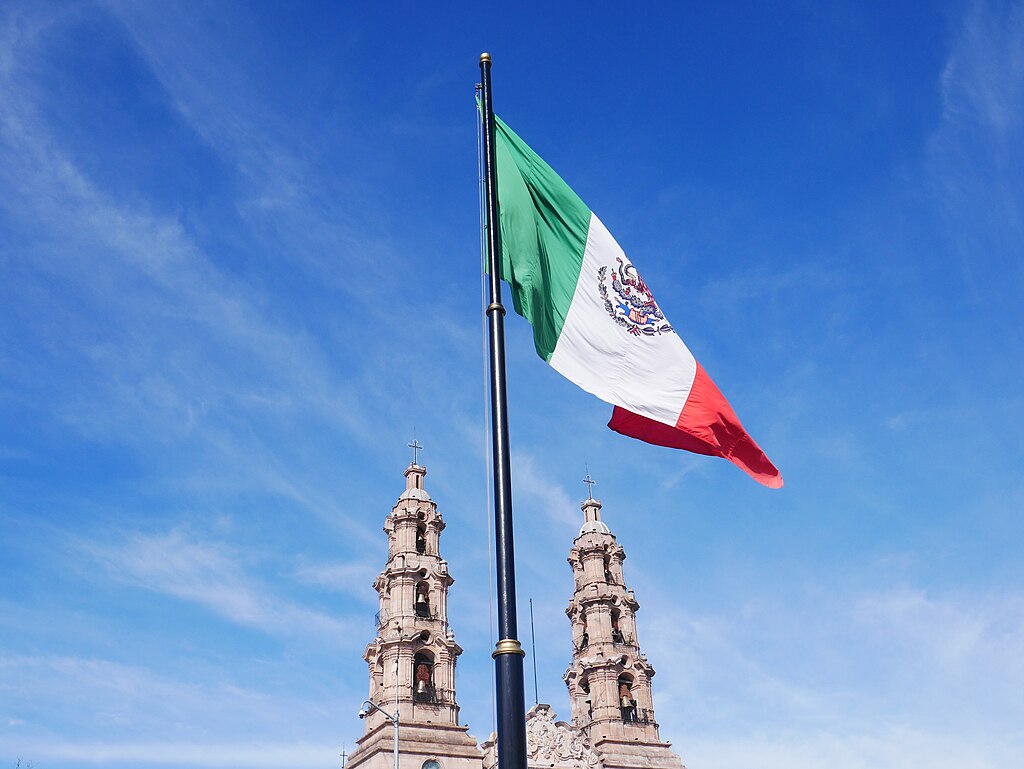Greenland's Future: A Tug-of-War between Denmark and the US
The geopolitical significance of Greenland has once again come to the forefront as the Danish Prime Minister meets with local leaders to discuss the disputed future of this mineral-rich territory in the face of persistent U.S. interest.
Published April 04, 2025 - 00:04am

Image recovered from arabnews.com
In recent weeks, Greenland has become a focal point of international diplomacy as the Danish Prime Minister, Mette Frederiksen, embarked on a significant visit to the island to reaffirm Denmark's commitment to its semi-autonomous territory. This visit comes amid increased pressure from the United States, whose former President Donald Trump expressed a keen interest in acquiring Greenland, terming it essential for U.S. security aims.
The backdrop of these discussions is Greenland's growing accessibility due to climate change. As ice caps recede, the island's vast resources, including minerals and rare earth elements, have caught the attention of global powers. The strategic location of Greenland also plays a role, offering valuable military positioning in the Arctic region.
The newly formed Greenlandic government, led by Jens-Frederik Nielsen, has been adamant about preserving Greenland's current status and resisting any U.S. endeavors to purchase or annex the territory. Nielsen's rhetoric emphasizes that Greenlanders control their destiny and will not succumb to external pressures, regardless of the geopolitical stakes.
The U.S. administration, under Trump's tenure, had made several overtures towards Greenland. This included a contentious visit by U.S. Vice President J.D. Vance to the U.S. air base on the island. Vance accused Denmark of under-investment, suggesting that the U.S. could provide better security and economic support - a proposal that has met with skepticism and resistance from both Danish and Greenlandic officials.
Despite these tensions, the Danish government remains steadfast. Prime Minister Frederiksen, during her visit, highlighted the importance of solidifying ties with Greenland. She reassured that political support from Denmark would continue, and any discussions of autonomy or independence would be paced with caution and respect for Greenland's unique status. Frederiksen's visit underscored Denmark's intention to address Greenland's challenges collaboratively, ensuring that they are not swayed by any external pressures threatening their sovereignty.
Within Greenland, the debate about its future remains lively. While some political factions push for complete independence from Denmark, others view closer ties with the U.S. as beneficial. However, the exclusion of the pro-U.S. Naleraq party from current governmental talks indicates a prevailing desire to prioritize domestic and longstanding international relationships over new, potentially volatile partnerships.
International observers, like Peter Viggo Jakobsen of the Danish Defense Academy, warn that Trump's overtures may inadvertently strengthen Greenland's ties with Denmark. Most Greenlanders are wary of the trustworthiness of a U.S. partnership under Trump's conditions, fearing a geopolitical shift that may not align with their long-term aspirations.
The ongoing dialogues and visits illuminate the complex dynamic at play. Greenland represents more than just a geopolitical asset; it's a cultural and national symbol for its people. As climate change continues to alter the Arctic landscape, and as global powers vie for influence, Greenland's leaders face critical decisions. Their challenge lies in navigating these international waters, retaining their cultural identity, and securing a sustainable future that reflects the will of their people.
With Frederiksen's visit marking a strong statement of support, the message to other nations is clear: Greenland is not a commodity to be bought or bargained over. The future of this strategic and mineral-rich island will be determined by its people, with the support and partnership of Denmark, rather than under pressure from potential annexation by foreign powers, regardless of the tempting geopolitical advantages they might perceive.







